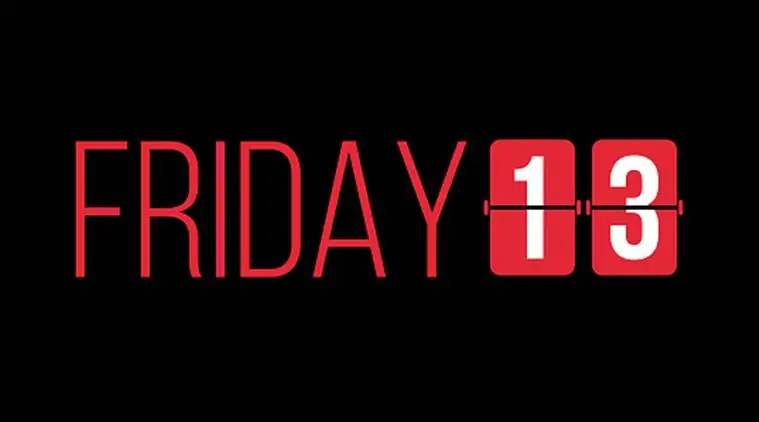 Friday the 13th (Source: Getty Images)
Friday the 13th (Source: Getty Images)
Friday the 13th: Considered to be an unlucky day, occurs in a month that begins on a Sunday. The superstition dates back to the legend about the Last Supper where Jesus was accompanied by 13 individuals on the 13th of Nisan Maundy Thursday, the night before his death on Good Friday. Here are some other interesting facts you may want to consider:
1. Not all cultures consider it an unlucky day
Spanish-speaking countries are known to consider Tuesday the 13th as the day of bad luck, instead of Friday. Tuesdays are also feared by the Greeks and considered to be dominated by Ares, the god of war. Many Italians, on the other hand, consider Friday the 17th as an unlucky day. They are actually known to consider 13 a lucky number.
2. Scientific name for this day
The fear of the number 13 has a scientific name — “triskaidekaphobia” and the fear of Friday the 13th is called “paraskevidekatriaphobia”.
Read| Friday the 13th: Know some of the superstitions associated with the day
3. How many Friday the 13th in 2020?
Apart from Friday the 13th in March 2020, it will also occur in November 2020. It usually happens at least once a year but can occur as much as thrice in a year, like in 2015 when it occurred in February, March and November.
4. First book about Friday the 13th
One of the early documented references in English occurs in Henry Sutherland Edwards’ 1869 biography of Gioachino Rossini, who passed away on a Friday the 13th. The popularisation of the superstition, however, is attributed to Thomas W Lawson’s novel Friday, the Thirteenth, published in 1907.
5. The fear is real
According to the Stress Management Center and Phobia Institute in Asheville, North Carolina, the fear of Friday the 13th affected up to 21 million people in the United States.
6. What NASA says
According to NASA, a large asteroid called Asteroid 2004 MN4 will fly close enough to Earth on April 13, 2029, Friday, but will fly past it without hitting our planet.